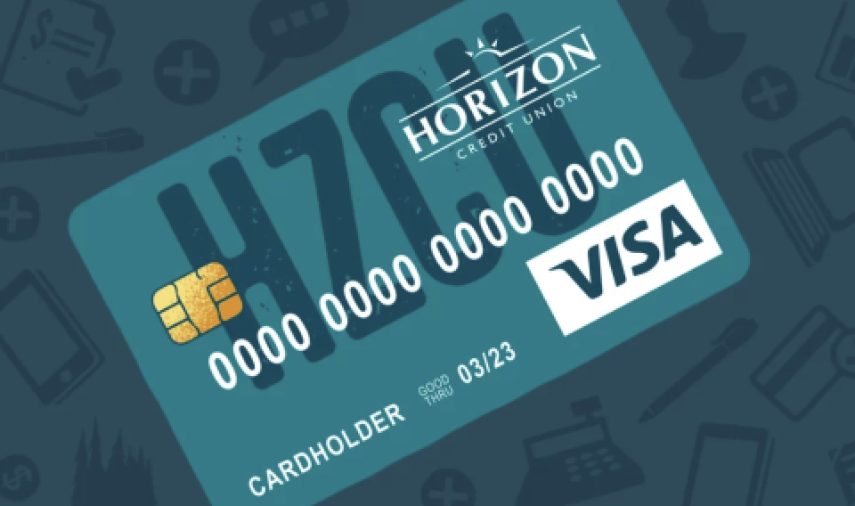
You’ve probably noticed that your credit card bills look different from other bills you receive. Instead of just having a total due amount, your credit card bill also comes with a minimum payment.
While it might not be in your means to pay your entire outstanding balance at once, just paying the minimum payment can cost you more in the long run.
What is a Minimum Payment?
The minimum payment amount is the smallest amount your debtors will accept as payment on your debt for a determined amount of time, usually a month. Typically your payment covers accrued interest charges for the month.
Why Make Minimum Payments?
Only paying the minimum balance can come in handy when unexpected expenses come up, like when cold temperatures cause higher heating bills. It can also be helpful for people who are just starting out and trying to build savings.
The problem arises when you rely solely on making minimum payments without making headway on your debt.
Impact of Making Only Minimum Payments
As the saying in ‘Star Wars’ goes: it’s a trap! One that can keep you buried in debt and paying interest while barely touching the actual balance due month after month.
The minimum payment due is not a problem by itself. Unfortunately, it has become far too great a temptation for many consumers who consistently pay only the minimum balance. That’s when it becomes a trap – one that ties you to your debt longer than necessary.
For example: If you only pay the minimum balance on a debt of $14,718 with an APR of 13.04%, it will take 31 years to pay off the full debt. You would also pay over $16,000 in interest!
If you increase the monthly payments to $300 per month, you can reduce the payoff time to only six years. In that time, you’d reduce your interest to $6425.
Doubling the payments to $600 per month allows you to pay off the debt within two years and reduces the total interest payments to only $2493.
The difference is substantial!
Plan to Pay Off Your Balance
The best scenario is one in which you pay off your balance each and every month. It minimizes the amount of interest you will pay while allowing you the flexibility that credit cards represent.
- Determine how much you can pay to pay off the balance as quickly as possible
- Figure out how many months it will take to pay off the balance
- Keep in mind that interest accrues and grows with each passing month - Give yourself a deadline for paying off the balance
To get started, click here to use one of our debt repayment calculators!
The takeaway? While making minimum payments on your credit card can be tempting, try to avoid minimum payment months and pay off debt whenever you can.
